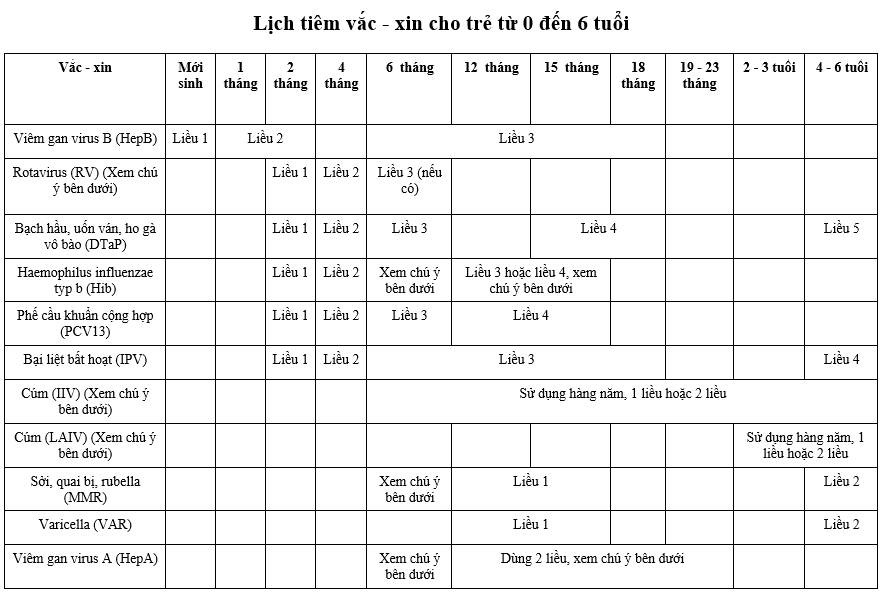[foxdark]
[Bé 2 Tháng Tuổi: Thời Gian Tỉnh Thức]

[Executive Summary]

This article provides a comprehensive guide to understanding the sleep patterns of a 2-month-old baby, particularly focusing on their awake time and sleep duration. We delve into the normal range of awake time for this age group and explore the factors that can influence it. Additionally, we discuss tips for managing awake time, encouraging healthy sleep habits, and addressing potential sleep problems.

[Introduction]
At two months old, your baby is rapidly developing and learning. Their sleep patterns are still evolving, and it’s natural to have questions about how much awake time is appropriate and how to support healthy sleep. This guide will provide insights into the typical awake time for a 2-month-old and offer helpful strategies for managing their sleep schedule.
[What Is The Normal Awake Time For A 2-Month-Old Baby?]
Awake time is the time your baby spends alert and awake between sleep cycles. Newborns typically have shorter awake times, while older babies can handle longer periods of being awake. For a 2-month-old, the normal range of awake time can vary significantly depending on individual factors.
Here are some frequently asked questions about awake time for a 2-month-old baby:
Q: How long should my 2-month-old baby be awake during the day?
A: Most 2-month-old babies will be awake for 45 minutes to 2 hours at a time.
Q: Is it okay if my 2-month-old baby is awake for longer than 2 hours?
A: Yes, some babies may be awake for longer periods, particularly if they are actively engaged in play or interacting with their caregivers. However, if your baby seems excessively fussy or irritable, it’s a good idea to try and soothe them back to sleep.
Q: What if my 2-month-old baby is only awake for 30 minutes at a time?
A: If your baby is consistently only awake for short periods, it’s best to consult with your pediatrician. They can help determine if there are any underlying medical reasons for this pattern.
[Factors Influencing Awake Time]
Various factors can influence the awake time of a 2-month-old baby, including:
1. Individual Differences
- Temperament: Some babies are naturally more active and alert than others.
- Sleep Needs: Each baby has unique sleep requirements. Some babies might need more sleep than others.
- Feeding Patterns: If your baby is breastfeeding, they may feed more frequently, resulting in shorter awake periods.
2. Environment and Routine
- Daylight: Exposure to sunlight during the day can help regulate your baby’s sleep-wake cycle.
- Quiet Time: Ensuring a calm and quiet environment for your baby can help promote sleep.
- Sleep Cues: Establishing a consistent bedtime routine with calming activities like bathing and reading can signal to your baby that it’s time for sleep.
3. Health and Development
- Growth Spurts: During growth spurts, your baby may experience increased hunger and fussiness, leading to more frequent feedings and shorter awake times.
- Illness: When your baby is sick, they may be more tired and need more sleep.
- Developmental Milestones: As your baby reaches developmental milestones, they might experience changes in their sleep patterns.
[Managing Awake Time]
Here are some tips for managing your 2-month-old baby’s awake time:
- Recognize Sleep Cues: Look for signs that your baby is getting tired, such as rubbing eyes, yawning, or becoming fussy.
- Establish a Routine: A consistent bedtime routine can help signal to your baby that it’s time for sleep.
- Create a Sleep-Friendly Environment: Make sure your baby’s sleeping environment is dark, quiet, and cool.
- Avoid Overtiredness: Don’t let your baby become overtired. This can make it harder for them to fall asleep and stay asleep.
[Encouraging Healthy Sleep Habits]
Here are some strategies for encouraging healthy sleep habits in your 2-month-old baby:
- Safe Sleep Practices: Always place your baby on their back to sleep and ensure their sleeping environment is safe.
- Swaddling: If your baby enjoys being swaddled, it can help promote calmness and sleep.
- White Noise: A white noise machine can help create a soothing environment and block out distractions.
- Daytime Naps: Encouraging your baby to nap during the day can help promote healthy sleep habits.
[Sleep Problems]
If your 2-month-old baby is experiencing sleep problems, such as difficulty falling asleep, frequent awakenings, or short sleep durations, it’s essential to consult with your pediatrician. They can help identify any underlying medical conditions and provide guidance on managing sleep issues.
[Conclusion]
Understanding the awake time of your 2-month-old baby is crucial for establishing a healthy sleep routine and supporting their overall development. While individual differences play a significant role in sleep patterns, being aware of the normal range of awake time, recognizing sleep cues, and creating a conducive sleep environment can greatly contribute to peaceful nights for both you and your baby. Remember, consistency is key when establishing healthy sleep habits, and seeking professional advice if you encounter any concerns is always recommended.
[Keywords]
- 2-month-old sleep
- awake time
- baby sleep patterns
- sleep duration
- sleep habits
- sleep problems
- baby sleep routine